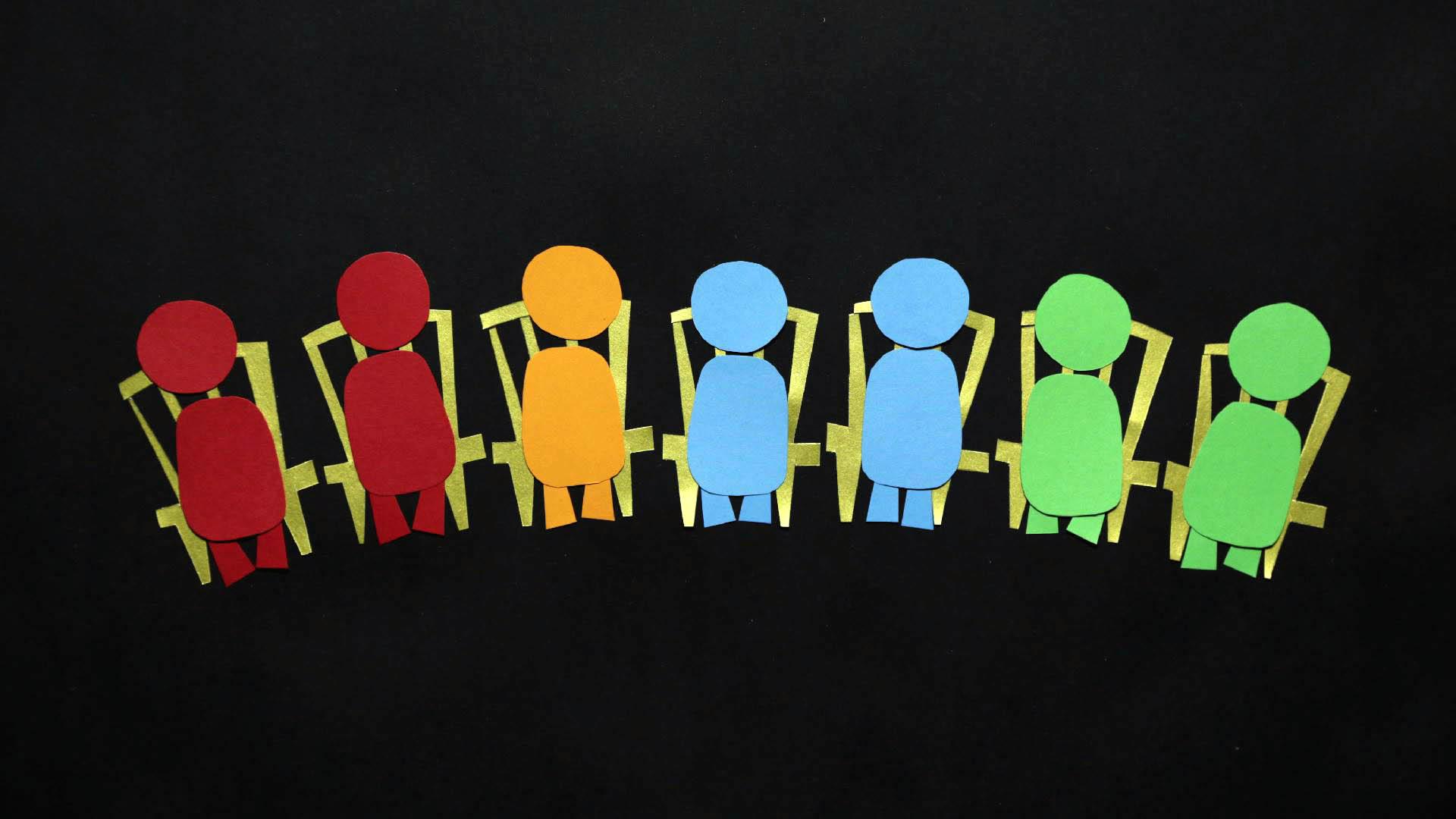
Why don’t Swiss voters choose their cabinet ministers?

Letting the people have the final say is a cornerstone of the Swiss political system. But there is a notable exception: voters can’t choose members of the cabinet. This is the privilege of parliament, which on September 20 will pick a successor to Foreign Minister Didier Burkhalter.
The reason for this “flaw” in direct democracy is buried in Swiss history. The number of cabinet members as well as the election procedure have remained unchanged since 1848, the founding of modern Switzerland.
The Swiss government is made up of seven ministries. Foreign Minister Didier Burkhalter has announced he will step down at the end of October.
The parliamentary group of the centre-right Radical Party will present a shortlist of official candidates on September 1. Parliament will elect a new cabinet member on September 20.
“At that time, the idea of a representative democracy was dominant. Direct democracy existed merely at a very early stage,” says Nenad Stojanovic, researcher and lecturer of political sciences at the University of Lucerne.
“At a federal level, there was neither the optional referendum right, introduced only in 1874, nor the people’s initiative, which was added in 1891. Therefore, it seems logical to have an indirect election of the cabinet by the people, through the parliament,” he explains.
This system remains valid. Over the years, voters have clearly rejected three separate proposals to change the procedure. A first attempt was dismissed by 65% of voters in 1900, a second attempt in 1941 failed with 67.6% no votes and most recently, in 2013, 76.3% of voters rejected an amendment of the electoral system.

More
The political equation based on a magic formula
Regions and cantons
Instead voters chose to update another key principle of Swiss politics: federalism.
In a nationwide ballot in 1999, voters approved a proposal to ease regulations ensuring that there are never two politicians from the same canton in the seven-person cabinet at the same time.
The constitution was amended with a more flexible clause, leaving greater room for interpretation. It states that the different regions and language communities of the country (German, French, Italian and Romansh) must be represented fairly.
The current claim by Italian-speaking canton Ticino for a seat in the cabinet is based precisely on this constitutional clause. It’s been almost 20 years since a Ticinese sat in cabinet.
Paradoxically, Ticino has been represented by seven ministers in the 169-year history of modern-day Switzerland. This is clearly above average considering the size of the population in this region of the country.
Adapted from Italian by Urs Geiser

In compliance with the JTI standards
More: SWI swissinfo.ch certified by the Journalism Trust Initiative


























You can find an overview of ongoing debates with our journalists here . Please join us!
If you want to start a conversation about a topic raised in this article or want to report factual errors, email us at english@swissinfo.ch.